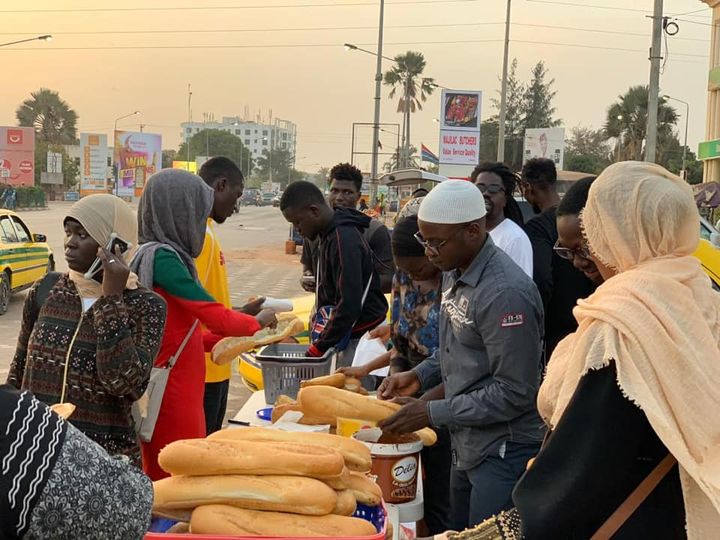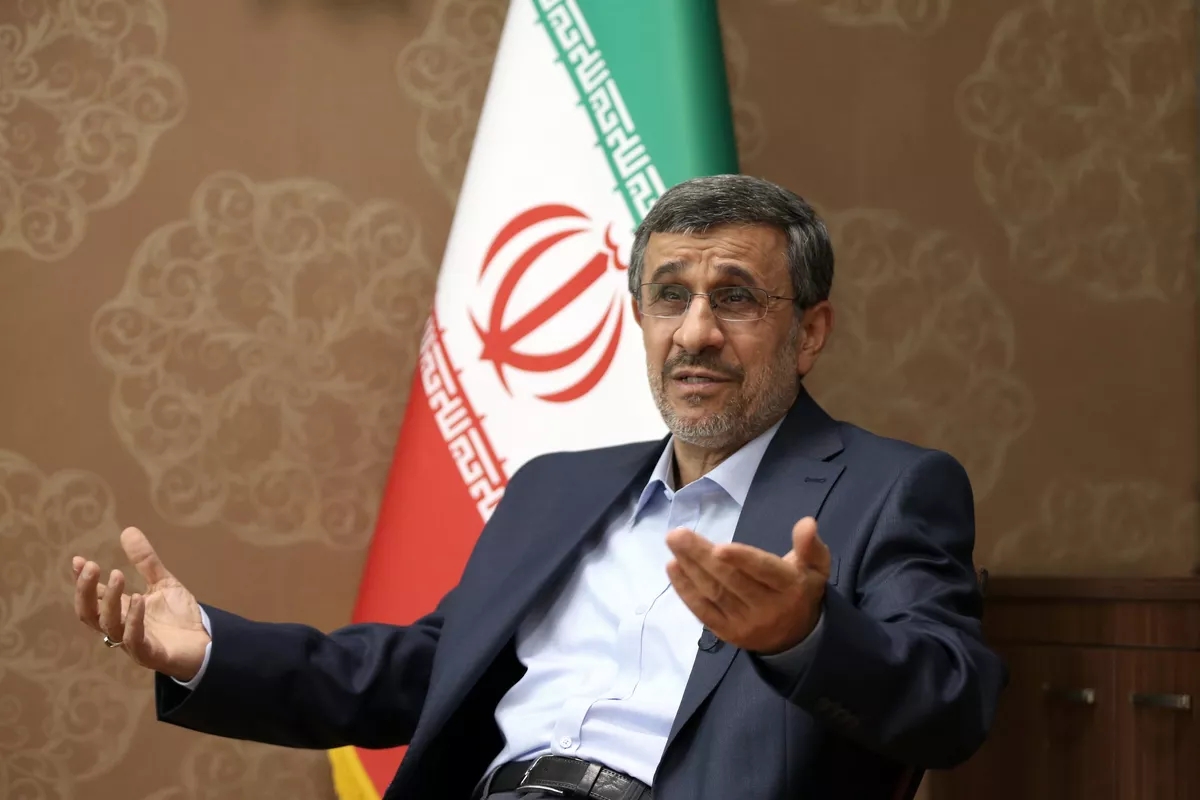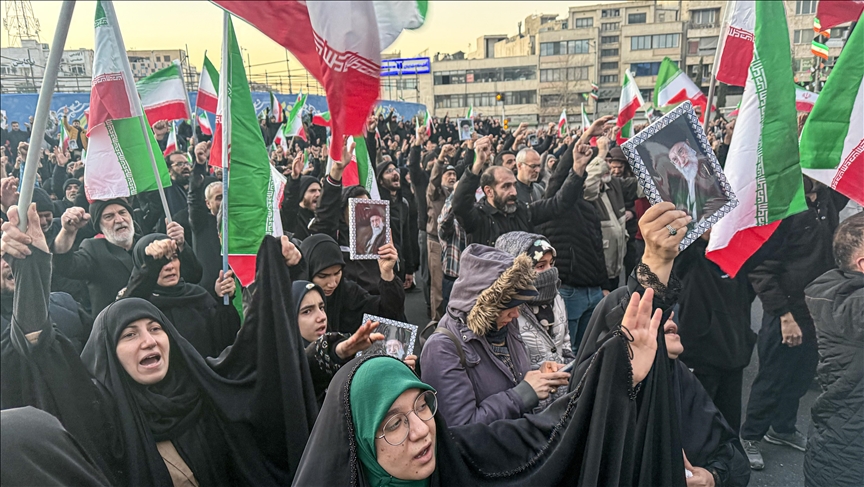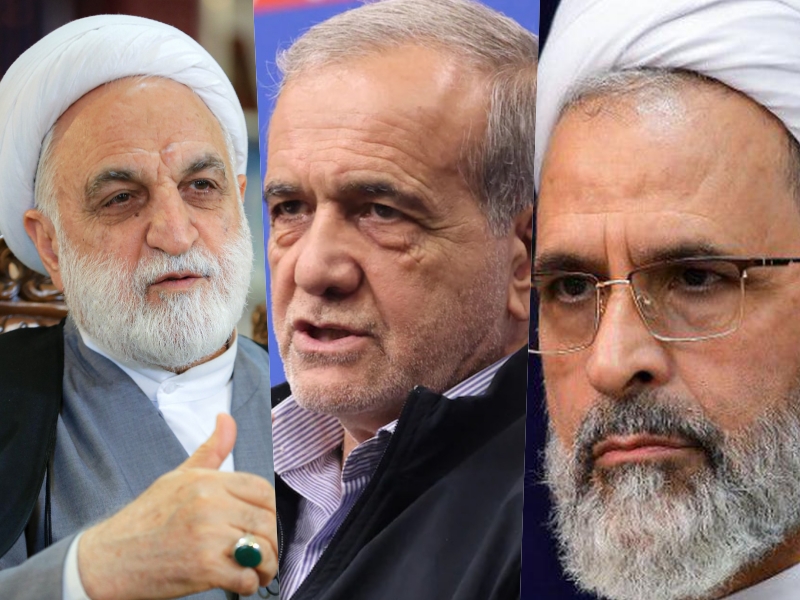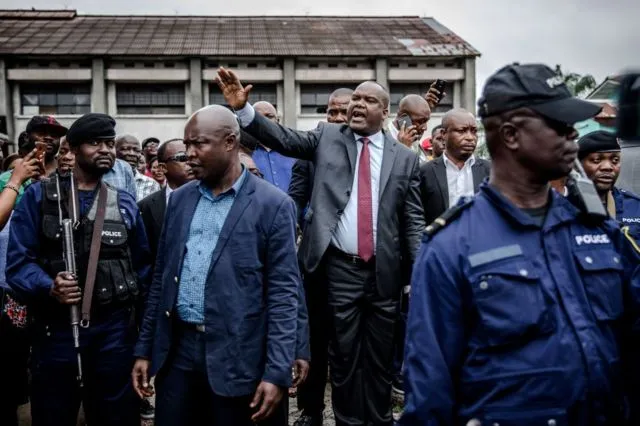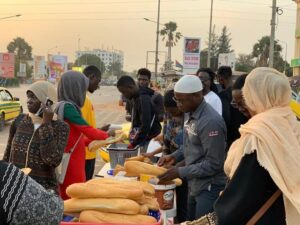Gambiaj.com (BANJUL, The Gambia) – The U.S. Department of the Treasury’s Office of Foreign Assets Control (OFAC) has imposed sanctions on the Congo River Alliance (Alliance Fleuve Congo, AFC), a coalition of rebel groups seeking to overthrow the Democratic Republic of Congo (DRC) government. The sanctions aim to curb the political instability, violent conflict, and civilian displacement driven by the AFC.
Key figures targeted include Bertrand Bisimwa, president of the March 23 Movement (M23), Twirwaneho, an armed group in South Kivu, and Charles Sematama, Twirwaneho’s deputy military leader.
Under Secretary of the Treasury for Terrorism and Financial Intelligence, Brian E. Nelson, stated, “Today’s action reinforces our commitment to hold accountable those who seek to perpetuate instability, violence, and harm to civilians to achieve their political goals. We condemn AFC and its affiliates, including M23, for fueling this deadly conflict and exacerbating a humanitarian crisis in eastern DRC.”
OFAC has also redesignated Corneille Yobeluo Nangaa, former president of the DRC’s National Independent Electoral Commission (CENI), for his role in founding AFC alongside M23 leaders. Originally sanctioned in 2019 for actions undermining democratic processes in the DRC, Nangaa now faces additional sanctions for his leadership in the AFC. These measures are implemented under Executive Order 13413, as amended by Executive Order 13671.
The Congo River Alliance and its Implications
The Congo River Alliance, launched on December 15, 2023, is a political-military coalition advocating for the overthrow of the DRC government. It extends its insurgency beyond eastern DRC, conducting public outreach and advocating on behalf of M23. OFAC’s designation of AFC is part of broader efforts to address the coalition’s destabilizing activities.
M23: A History of Violence
AFC’s principal member, M23, is a rebel group backed by Rwanda, notorious for its violent history in the DRC’s North Kivu province. Designated by OFAC in 2013 for serious violations of international law, M23 has been involved in killings, sexual violence, abductions, and forced displacement. Its resurgence in late 2021 has exacerbated the security crisis in the region, displacing approximately 1.5 million people and committing numerous human rights abuses, including the Kishishe massacre in 2022.
Twirwaneho: Extending the Conflict
Twirwaneho, an armed group in South Kivu and an AFC affiliate, is also under OFAC sanctions. Led by Michel Rukunda, who was sanctioned in December 2023, Twirwaneho is responsible for attacks on civilians and forced recruitment, including minors. Charles Sematama, the group’s deputy military leader, is sanctioned for his role in leading these operations.
Sanctions Implications
The sanctions block all property and interests in the United States belonging to the designated persons and entities, prohibiting transactions involving their assets. OFAC emphasizes that the goal of these sanctions is not punishment but to prompt a change in behavior. The Treasury Department remains committed to removing individuals from the sanctions list if they comply with the law.
The actions taken by OFAC highlight the U.S. government’s stance against groups and individuals perpetuating violence and instability in the DRC, aiming to foster peace and stability in the region.



